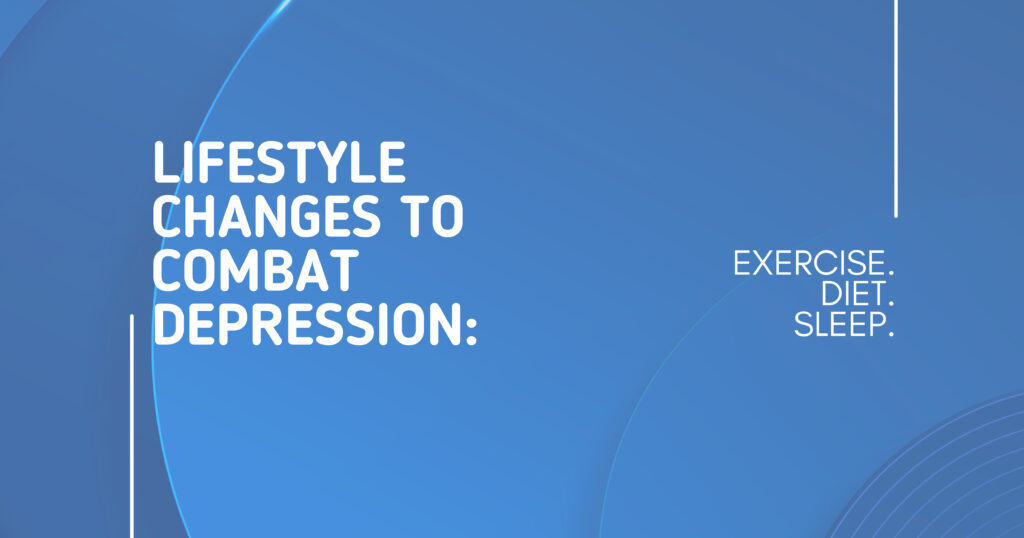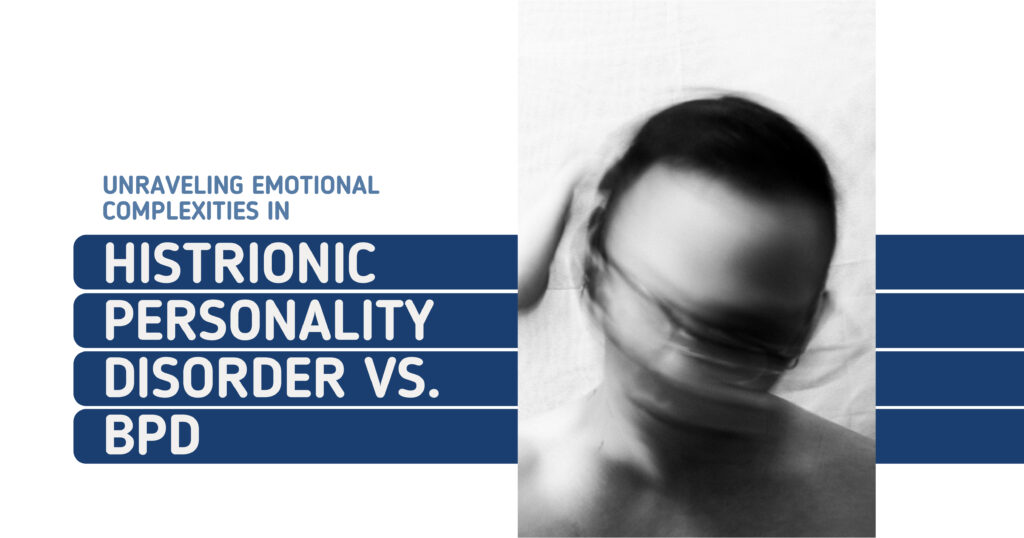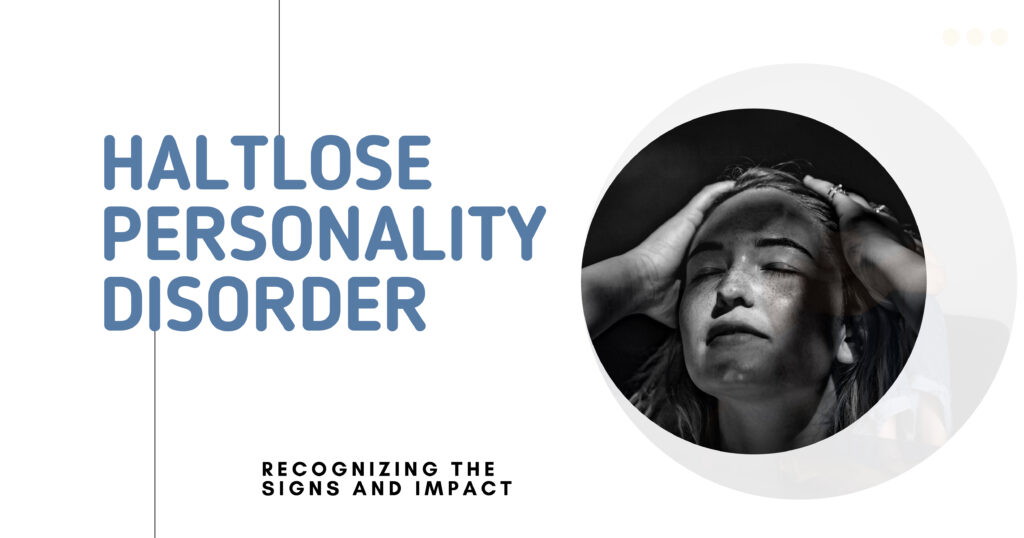Depression is a pervasive mental health condition that affects millions of people worldwide. While professional treatment and medication are crucial for managing depression, making specific lifestyle changes can also play a significant role in improving mental health.
This guide explores how exercise, diet, and sleep can effectively combat depression, offering practical advice and strategies for incorporating these elements into your daily routine.
Understanding Depression and Lifestyle Factors
Depression is more than just feeling sad; it’s a complex mental health disorder that affects mood, behavior, and overall well-being. While medication and therapy are essential, lifestyle changes can complement these treatments and improve outcomes.
What Is Depression?
- Definition: Depression is a mental health condition characterized by persistent feelings of sadness, hopelessness, and a lack of interest in activities once enjoyed.
- Symptoms: Symptoms of depression can include changes in sleep and appetite, fatigue, difficulty concentrating, and thoughts of death or suicide.
How Lifestyle Changes Impact Depression
- Holistic Approach: Lifestyle changes address physical and mental health, contributing to overall well-being.
- Complementary Therapy: Healthy lifestyle choices can enhance the effectiveness of medication and therapy.
San Diego Mental Health
The Role of Exercise in Combating Depression
Exercise is a powerful tool for managing depression. Regular physical activity offers numerous benefits that help alleviate symptoms and improve mood.
How Exercise Helps with Depression
- Endorphin Release: Physical activity stimulates the release of endorphins, which are natural mood lifters.
- Stress Reduction: Exercise reduces the levels of stress hormones like cortisol.
- Improved Sleep: Regular physical activity can help regulate sleep patterns, which is crucial for mental health and improving periods of time spent in deep sleep.
Recommended Types of Exercise
Aerobic Exercise
- Examples: Running, cycling, swimming
- Frequency: Aim for at least 150 minutes of moderate aerobic exercise weekly.
Strength Training
- Examples: Weight lifting, resistance exercises
- Frequency: Include strength training exercises at least two days per week.
Mind-Body Exercises
- Examples: Yoga, Tai Chi
- Frequency: Practice mind-body exercises 2-3 times weekly to enhance relaxation and mental clarity.
Tips for Starting an Exercise Routine
- Set Realistic Goals: Start with manageable goals and gradually increase intensity.
- Find Enjoyable Activities: Choose activities you enjoy to maintain motivation, like going for a bike ride.
- Create a Schedule: Set specific times for exercise to establish a routine.
The Impact of Diet on Depression
Diet plays a crucial role in mental health, and certain dietary choices can either exacerbate or alleviate symptoms of depression.
How Diet Affects Depression
- Nutrient Intake: A balanced diet with plenty of fruits and vegetables provides essential nutrients that support brain health and mood regulation.
- Blood Sugar Levels: Stable blood sugar levels prevent mood swings and irritability.
- Inflammation Reduction: A healthy diet can reduce inflammation linked to depression.
Foods to Eat for Better Mental Health
Fruits and Vegetables
- Examples: Berries, leafy greens, citrus fruits
- Benefits: Rich in vitamins, minerals, and antioxidants.
Whole Grains
- Examples: Brown rice, oats, whole wheat bread
- Benefits: Provide steady energy and help maintain balanced blood sugar levels.
Lean Proteins
- Examples: Chicken, fish, tofu, lean meats
- Benefits: Support neurotransmitter production and brain function.
Healthy Fats
- Examples: Avocados, nuts, olive oil
- Benefits: Omega-3 fatty acids in fish and flaxseeds have been shown to improve mood.
Foods to Avoid for Better Mental Health
- Sugary Foods and Drinks:
- Examples: Soda, candy, pastries
- Effects: Can cause blood sugar spikes and crashes.
- Processed Foods:
- Examples: Fast food, packaged snacks
- Effects: Often high in unhealthy fats, sugars, and additives.
Tips for Improving Your Diet
- Plan Meals: Prepare balanced meals to avoid unhealthy choices.
- Read Nutrition Labels: Check for high sugar and fat content.
- Stay Hydrated: Drink plenty of water throughout the day.
San Diego Mental Health
The Importance of Sleep in Managing Depression
Adequate sleep is essential for mental health and well-being. Poor sleep can worsen depression, while good sleep hygiene can be a powerful tool for managing symptoms.
How Sleep Affects Depression
- Mood Regulation: Quality sleep helps regulate mood and emotional responses.
- Mental Clarity: Adequate rest improves cognitive functions and decision-making.
- Physical Health: Good sleep supports physical health and is interconnected with mental health.
Strategies for Improving Sleep Quality
Establish a Sleep Routine
- Go to Bed and Wake Up at the Same Time: Consistency helps regulate your sleep-wake cycle.
Create a Relaxing Bedtime Ritual
- Examples: Read a book, take a warm bath, practice deep breathing, or engage in mindfulness-based cognitive therapy.
Optimize Your Sleep Environment
- Keep the Room Cool and Dark: A comfortable environment promotes restful sleep.
- Limit Noise: Use earplugs or a white noise machine if needed.
Avoid Stimulants Before Bed
- Examples: Caffeine, nicotine
- Effects: These can interfere with your ability to fall asleep.
Tips for Better Sleep Hygiene
- Limit Screen Time Before Bed: Reduce exposure to blue light from phones, computers, and TVs.
- Exercise Regularly: Incorporate physical activity, but avoid vigorous exercise close to bedtime.
- Manage Stress: Practice relaxation techniques to unwind before sleep.
Combining Exercise, Diet, and Sleep for Optimal Mental Health
Integrating exercise, diet, and sleep into a cohesive routine can have a synergistic effect on mental health and help combat depression.
Creating a Balanced Routine
- Combine Activities: Incorporate physical exercise into your daily schedule, plan healthy meals, and establish a consistent sleep routine.
- Set Goals: Set achievable goals for exercise, diet, and sleep, and track your progress.
Monitoring Your Progress
- Keep a Journal: Document your mood, exercise habits, dietary choices, and sleep patterns.
- Adjust as Needed: Regularly review your progress and adjust your routine for better results.
FAQs
- How does exercise help with depression?
- Exercise increases endorphin levels, reduces stress, and improves sleep, all of which can help alleviate depression.
- What are the best foods for managing depression?
- Fruits, vegetables, whole grains, lean proteins, and healthy fats support brain health and mood regulation.
- How can I improve my sleep for better mental health?
- Establish a regular sleep schedule, create a relaxing bedtime ritual, and optimize your sleep environment.
- What simple ways to incorporate exercise into my daily life?
- Find activities you enjoy, set realistic goals, and schedule regular workout times.
- How can I manage stress to improve my mental health?
- Practice relaxation techniques, manage your time effectively, and seek support from friends, family, or professionals.
San Diego Mental Health
Conclusion
Lifestyle changes such as exercise, diet, and sleep are potent tools for combating depression. By understanding the impact of these factors and implementing practical strategies, you can improve your mental health and complement other treatments.
Exercise, a balanced diet, and good sleep hygiene support your mental health and enhance your overall well-being. Start by setting small, manageable goals in each area and gradually build a routine that works for you.
Remember, while these lifestyle changes can be highly beneficial, they should be part of a broader approach that includes professional therapy and medication when needed. Seeking help from a mental health professional can provide additional support and guidance on managing severe depression.








